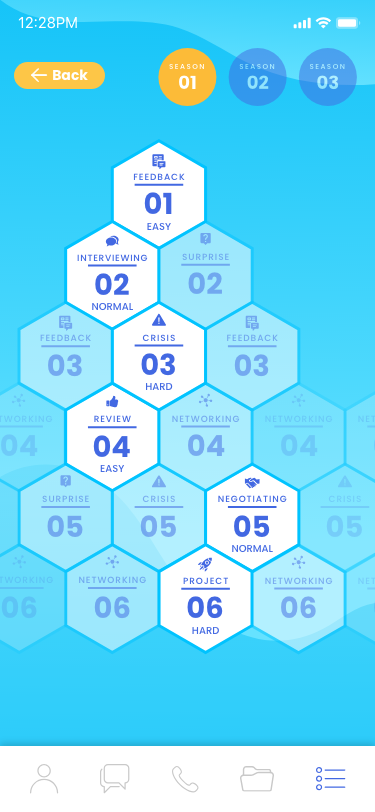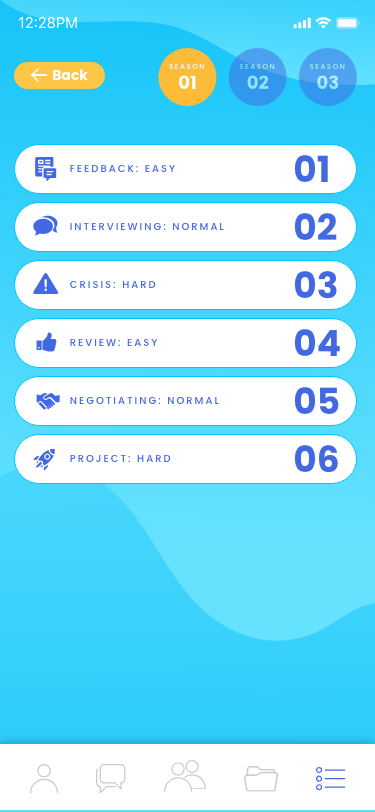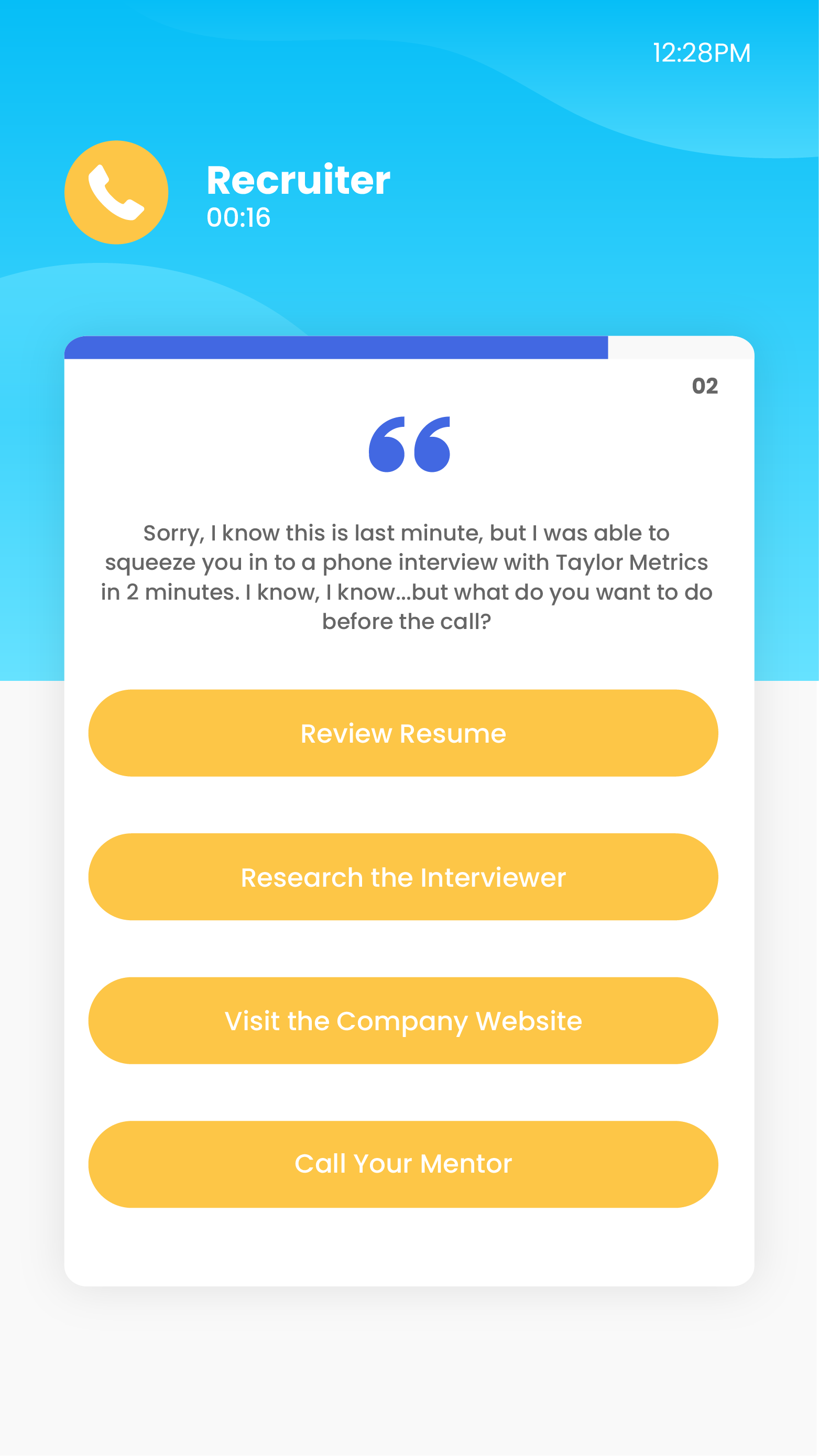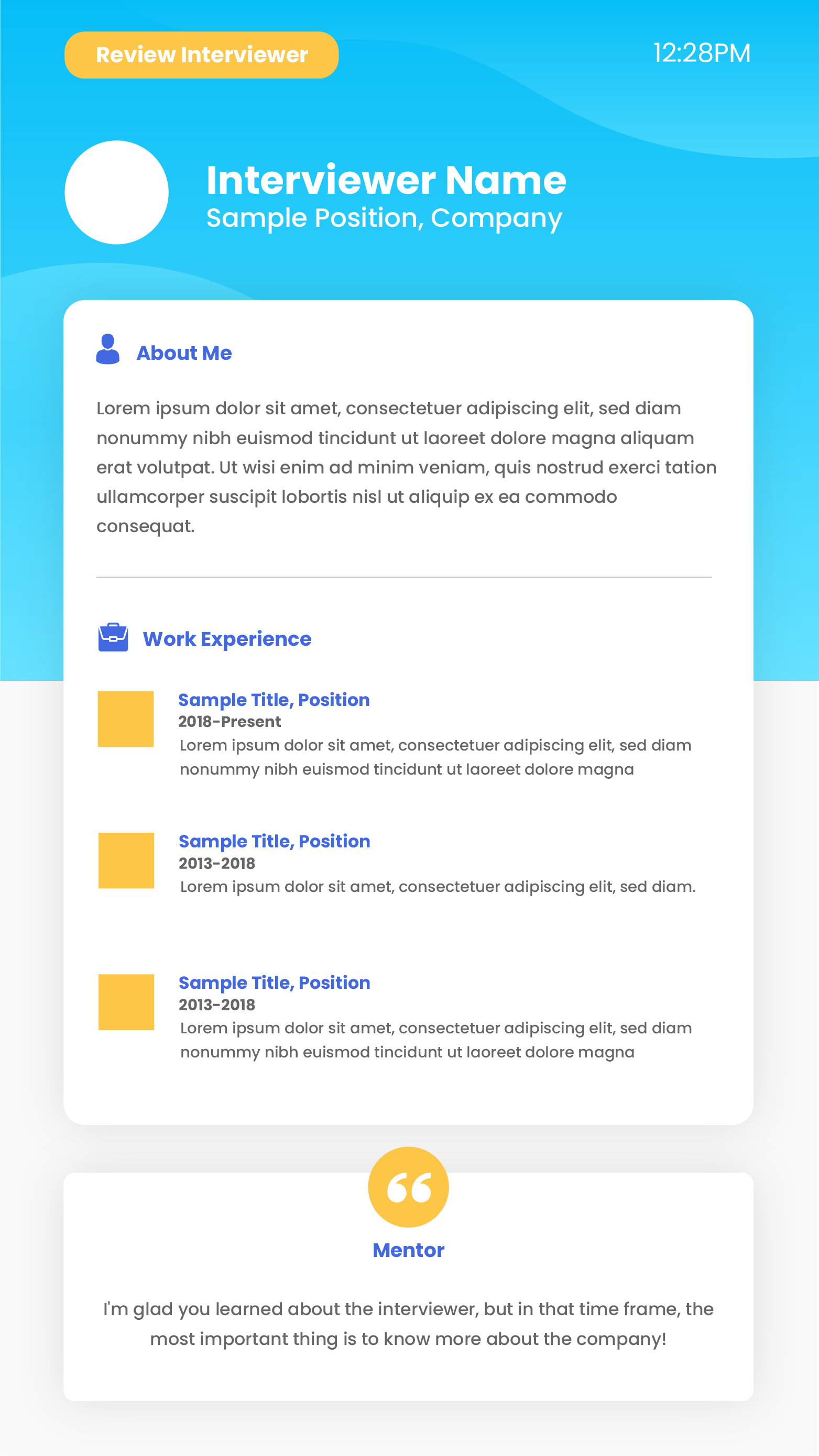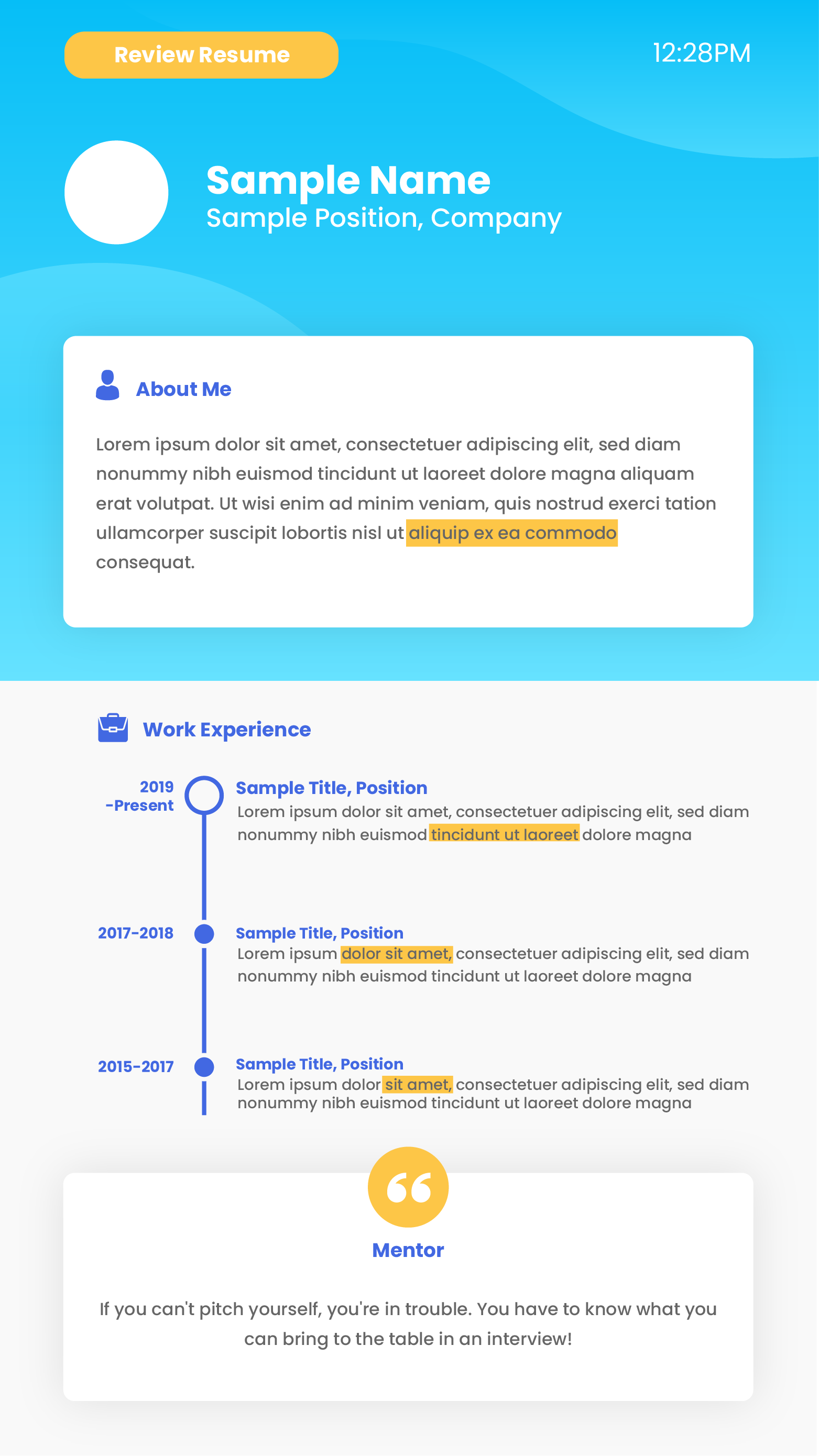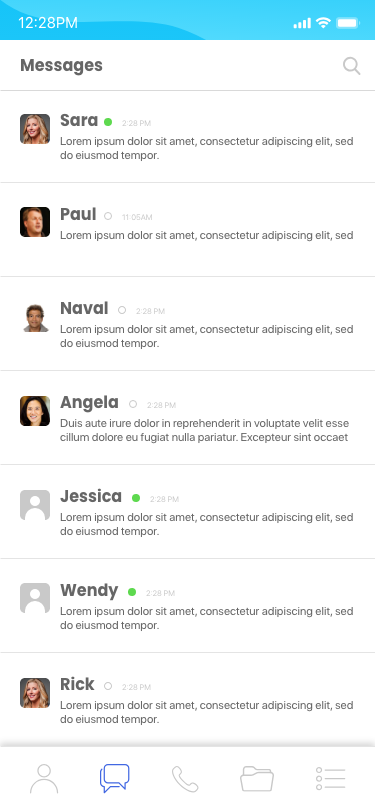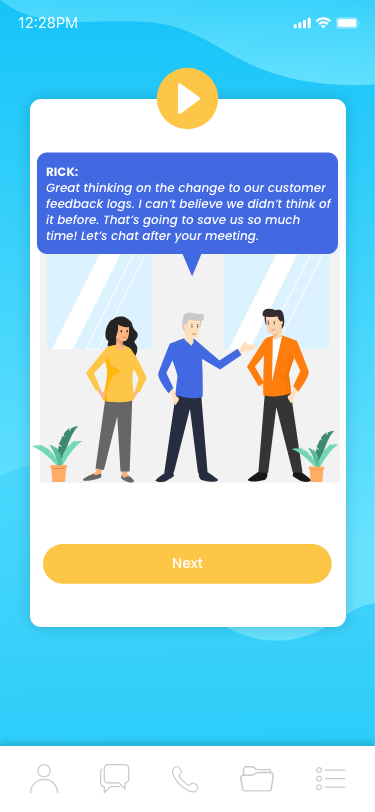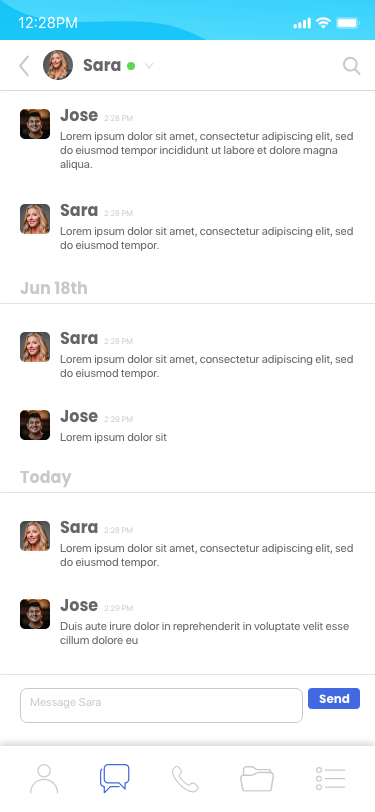Projects
Note – June 11, 2023 – This isn’t quite up-to-date! I’d suggest the /now page for current details.
Confession: I end up spending far too much time thinking about projects and business ideas, even when I know I don't have time to complete them.
This page holds a history of what I’ve done in my spare time.
Active projects are self-explanatory. I’m putting active effort into them as you read this. Reach out for interest.
Previously released or currently dormant projects live In the Archives. The time spent on them was a ton of fun.
Projects In the Garage are things I've thought about over the past year or so that I'm not currently working on, but would love to.
Portfolio projects are business cases based on my product leadership work. If you want to see other work projects, ask. Some are under confidential wraps.
Here’s a formal CV for those in need of further background.
If you're interested in working on a project, have an idea to share, or, better yet, one of these already exists, drop me a line. Also, if anyone has figured out how to zoom in and amplify time, please let me know.
Active
Details on all active projects are here!
Tools for Networked Notebooks
I’ve written a series of scripts to better enable retrieval of the swaths of notes I write. Some of them you can use easily alongside Roam!
The next wave of these tools are designed to enable conceptual designers. I’m limiting access to a select group while I test, but if you’re interested in trying this out, reach out!
[[for thought.]]
A tool to help you rise above surface-level thought, using science-backed methods and conversational design. Each session is an immersive 25-minute pomodoro that constructs your ideas into a presentation within a Roam template. No extra work required.
Evan Meyer and I worked on this over a weekend hackathon. There is so much more to build out here, and I’m currently exploring a plugin to help conceptual designers do their best work.
Game Design - Product Management
I recently built a simulation to help train Product Managers. I use it to hire and mentor people entering the world of Product. Inbox: Product Management is now live, with new modules coming in 2022.
What’s it like being a Product Manager at a small, growing tech company? Check your email.
Check out the mini demo in the link above and reach out if you want the full version.
In the Archives
Screenshots in Context (2021)
Alongside my brilliant partner, we concepted out improvements to the screenshot experience following a mini research project (n=40). Nearly everyone has hundreds, if not thousands, of once-important screenshots lying dormant. We think we deserve better.
The result? A playful, generative design that lets you talk to your screenshots, putting context + retrieval at the forefront of the experience.
From here, we launched our own little design studio to take on similar challenges in our interactions with information.
If you’re interested in building this out with us, reach out!
Project Socrates (2020)
Alongside Evan Meyer, I built a Google Home integration with Voiceflow that helped elaborate on early stage ideas. Conversational design is key to relating complex topics, and the Socratic method can be complex!
This never went beyond a public beta since I could use it in full, but if you want to give it a whirl, you can. It worked surprisingly well for an elaborate branching scenario, and worked its way into [[for thought.]]
City Design & Community Building (2019-2021)
Since the fall of 2019, I’ve investigated urban design in cities, with my home of Chicago being the focus of a research experiment to understand and connect different neighborhoods. Post-pandemic, we have work to do to raise quality of life across the entire city. As Ye says, we all go.
This surfaced as Connect the City for a short time - connecting creatives from various wards to raise awareness of local challenges and give back to the community they inhabited.
career.mode (2018-2020)
On and off for three years, I built a game to help young professionals find their career path and handle tough moments at work.
I never knew what I wanted to do as I graduated college, and it wasn’t until I stumbled into Product that I found my fit. So, I tried to learn about their lives and problems. I scoured Reddit, dove into common workplace problems, and talked to ~100 recent grads. The result, this!
The last year+ was spent working on this with Evan Meyer and Wyatt Danz. A fantastic ride.
Tractive (2015-2016)
While in business school, I briefly worked on an app to limit screen time (namely, video games) by tracking active time through wearable devices with three grad school colleagues. This was fun, but we lacked the hardware skills to make this happen beyond a lightweight software solution.
Here’s a little research study on how we got there.
JVBackups (2008-2012)
This was my first public project - a sports & pop culture blog that drew a wild amount of followers for a few years as I exited college. At its peak, traffic was peaking around 1800 monthly active readers. This showed me the power of putting authentic viewpoints paired with stats on the internet. I didn’t even know 1800 total people! What a time.
In the Garage
Note Prompt & Recall
I take hundreds and hundreds of notes, but am frustrated by the retrieval process. When I look back at a note, it takes me time to recapture the feeling and understanding I had when I wrote it. There are several things I've written that are somewhere lost in translation, and I could really use them right now. Sometimes, I forget that I've written something down altogether. Realistically, this is my problem, but I don't doubt it may be yours, as well. What I'm talking about is one part poor organization, and one part a lack of tools to actually help me remember what I've done.
Business PER
People get hired on the basis of their resume, network, and interviewing capabilities, but do we really know how effective someone is from a few hours in the process? Absolutely not. From a hiring standpoint, nothing is worse than committing time and resources to someone and finding they are the wrong fit altogether. I hate wasting time. Wasting energy may be worse.
PER comes from sports. In my younger years, I would scour statistics to try and understand how my team could get an edge. Studying basketball, I discovered PER (Player Efficiency Rating) from John Hollinger, which gave me the best assessment I had ever seen on the age old question - who is the best?
This project is to develop a scale to assess someone's performance in a business setting - measuring the hard-to-measures - and combining it into an efficiency rating. Imagine if we actually knew how good someone was!
Experience Sensory Radars
This is a data visualization project I'm interested in. I spend too much time thinking about the limbic system and our sensory experiences, and I think it would be pretty damn cool to have a standard to visualize things like seeing fireworks, drinking a fine Rioja, going to a rap show, and having sex.
I like spider charts, and StatsBomb's Player Radars do an exceptional job at telling a story in a quick visual. Could we expand this to visualize your life's experiences?
I'm not sure this would do anything more than engage my senses when viewing them, but this could be cool nonetheless. There is no limit on what we can make easier for people to relate to.
Bet on Behavior Change
I may have retired from gambling, but boy, do I understand the emotion and mindset of putting it all on the line. Using this psychological principle can make us commit to change, which is interesting for people looking to actually get over the hump and lose a few pounds, start a meditation practice, or go to the moon.
Also here, a shout to the Behavior Change for Good team at Penn. Angela Duckworth, Katy Milkman and their team are doing great work to improve people's physical and financial health. I'm very curious to see where this project goes.
Interested in working on one of these ideas? Drop me a line.
